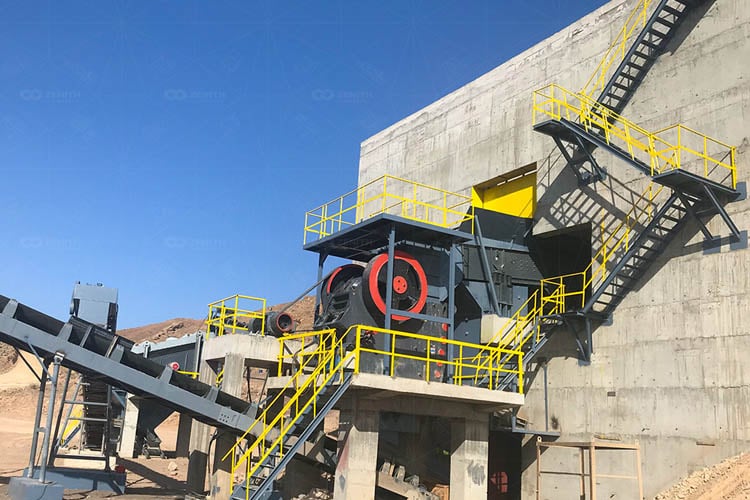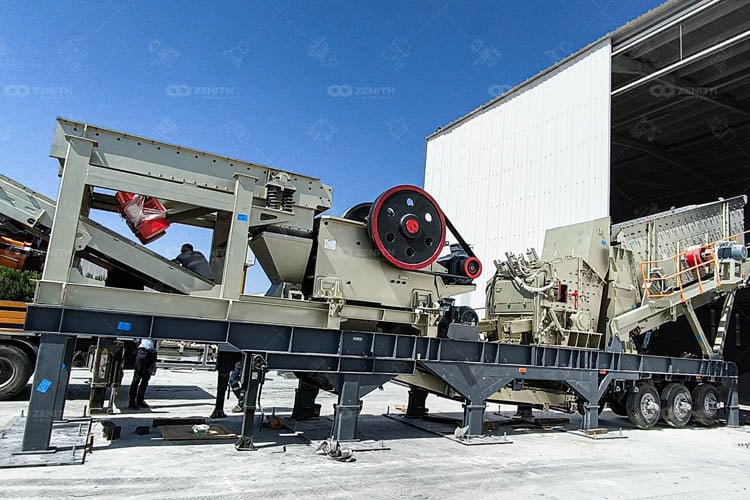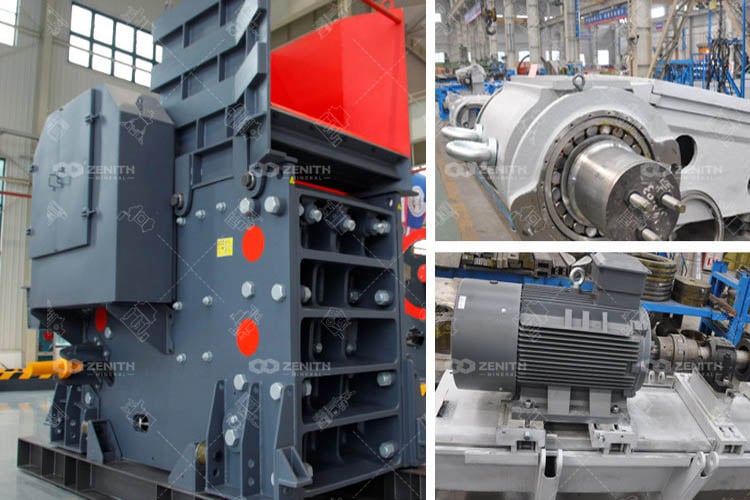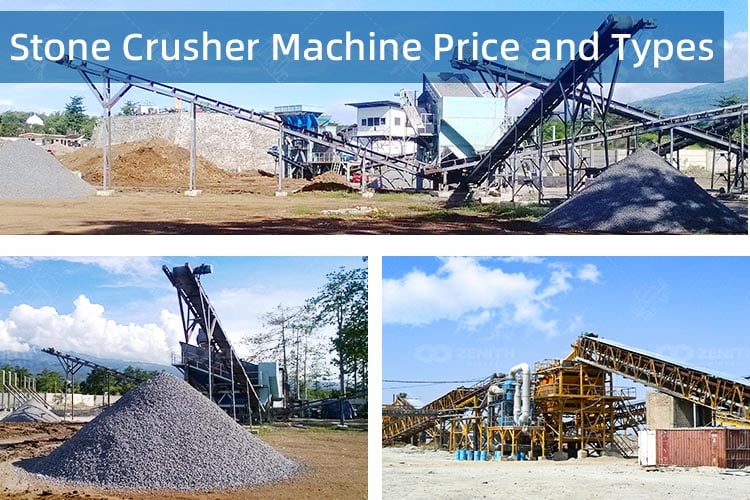Jaw crushers are fundamental pieces of equipment in the mining, quarrying, aggregate production, and construction industries, serving as primary crushers for reducing large rocks and ore into smaller, more manageable sizes. A common and critical question for project planners, procurement managers, and investors is: "What is thecost of a jaw crusher generally?"
The price of jaw crushers can vary significantly based on several factors, including size, capacity, manufacturer, and additional features. This article aims to explore the factors influencing the pricing of jaw crushers, provide an overview of the market, and discuss the implications for buyers.

It's crucial to reiterate that these are very broad estimates for jaw crusher units and can vary widely based on the following factors:

The size and capacity of a jaw crusher are among the most significant factors that determine its price. Jaw crushers are available in various sizes, typically classified by the width of the inlet opening. Smaller crushers, such as those with a 10-inch opening, are generally less expensive than larger models with openings of 36 inches or more. The capacity, usually measured in tons per hour, also plays a crucial role. Higher capacity machines that can process more material per hour generally come with a higher price tag.
Example: A small laboratory jaw crusher might cost a few thousand dollars, while a massive primary jaw crusher for a large mining operation can cost hundreds of thousands, or even exceed a million dollars.
The quality of steel used for the frame, the alloy composition of wear parts (jaw plates, cheek plates), and the robustness of components like the eccentric shaft, bearings, and flywheel all impact durability and, consequently, price. Higher-grade materials and more robust construction lead to higher costs but typically longer service life and lower long-term operating costs.

The brand reputation of the manufacturer can also influence the price of jaw crushers. Established brands with a history of reliability and performance typically command higher prices due to their perceived value. Buyers are often willing to pay more for products from reputable manufacturers known for their customer support, warranty services, and spare parts availability.
The overall demand and supply dynamics in the market can impact the pricing of jaw crushers. During periods of high demand, such as construction booms or mining expansions, prices may rise due to increased competition for available machines. Conversely, during economic downturns, prices may decrease as manufacturers look to clear inventory.
The comprehensiveness of the warranty, availability of spare parts, and quality of technical support can influence the initial price. Reputable manufacturers often factor robust support into their pricing.
When considering the purchase of a jaw crusher, potential buyers should carefully evaluate their needs and budget. Understanding the factors that influence pricing can help buyers make informed decisions. Here are some considerations:
While the initial purchase price is important, buyers should also consider the total cost of ownership, which includes maintenance, operational costs, and potential downtime. Investing in a higher-quality machine may result in lower long-term costs.
Buyers should consider not only their current needs but also potential future requirements. A crusher that meets current specifications may become inadequate as production demands increase. Investing in a machine with higher capacity and features may provide better long-term value.
Choosing a reputable supplier is crucial. Buyers should research manufacturers and read reviews to ensure they are purchasing from a reliable source. Good customer support and availability of spare parts can significantly impact the efficiency of operations.
The price of jaw crushers is influenced by various factors, including size, capacity, material quality, brand reputation, technology, and market dynamics. Understanding these factors can help buyers make informed decisions when purchasing crushing equipment. As the demand for construction and mining materials continues to grow, the jaw crusher market is expected to remain competitive, offering a range of options to meet diverse needs. By considering the total cost of ownership and future requirements, buyers can ensure they invest in a machine that provides value and efficiency for their operations.

We have different types of jaw crusher for sale Philippines, such as PE series jaw crusher, PEW series jaw crusher, C6X series jaw crusher and mobile jaw crusher etc.

There are many types of stone crusher machines on the market. In this article, we will introduce the types and price of the stone crusher and how to select the most suitable one.

The price of stone crusher machines can vary significantly between countries due to factors like local manufacturing, taxes, transportation costs and currency fluctuations.
Fill your requirements here, and we'll send the custmized solution and quotation to you by the reserved contact information.